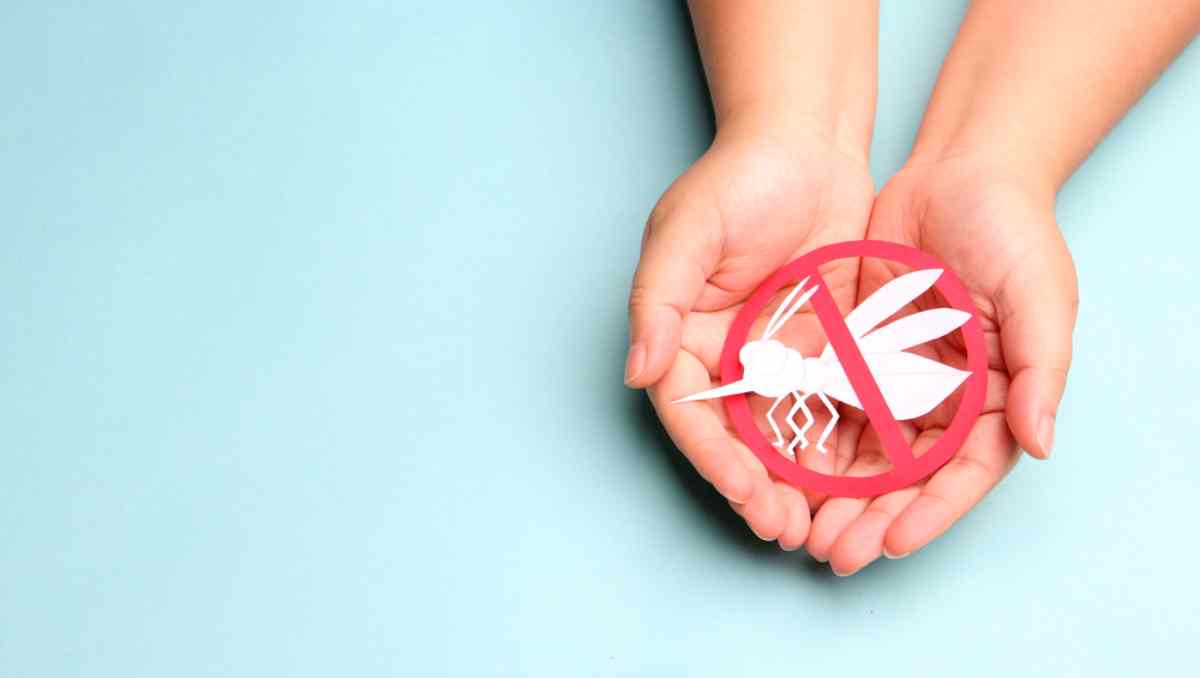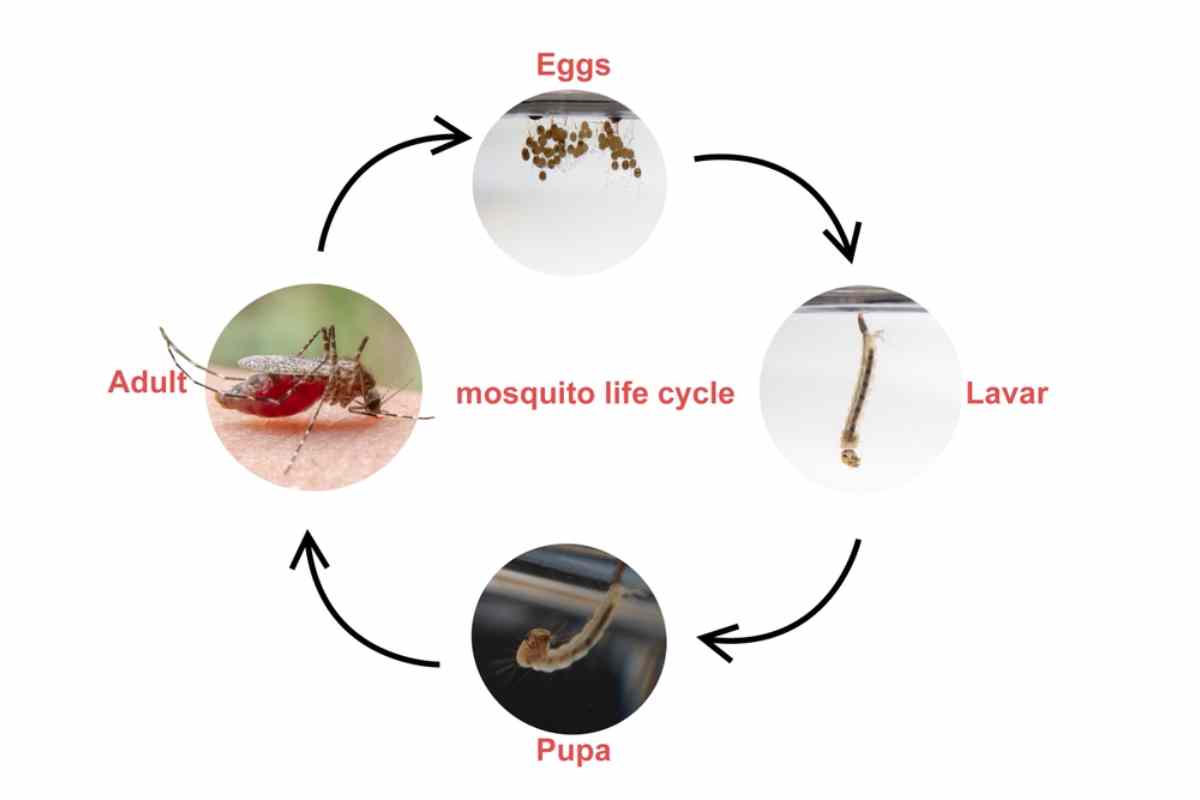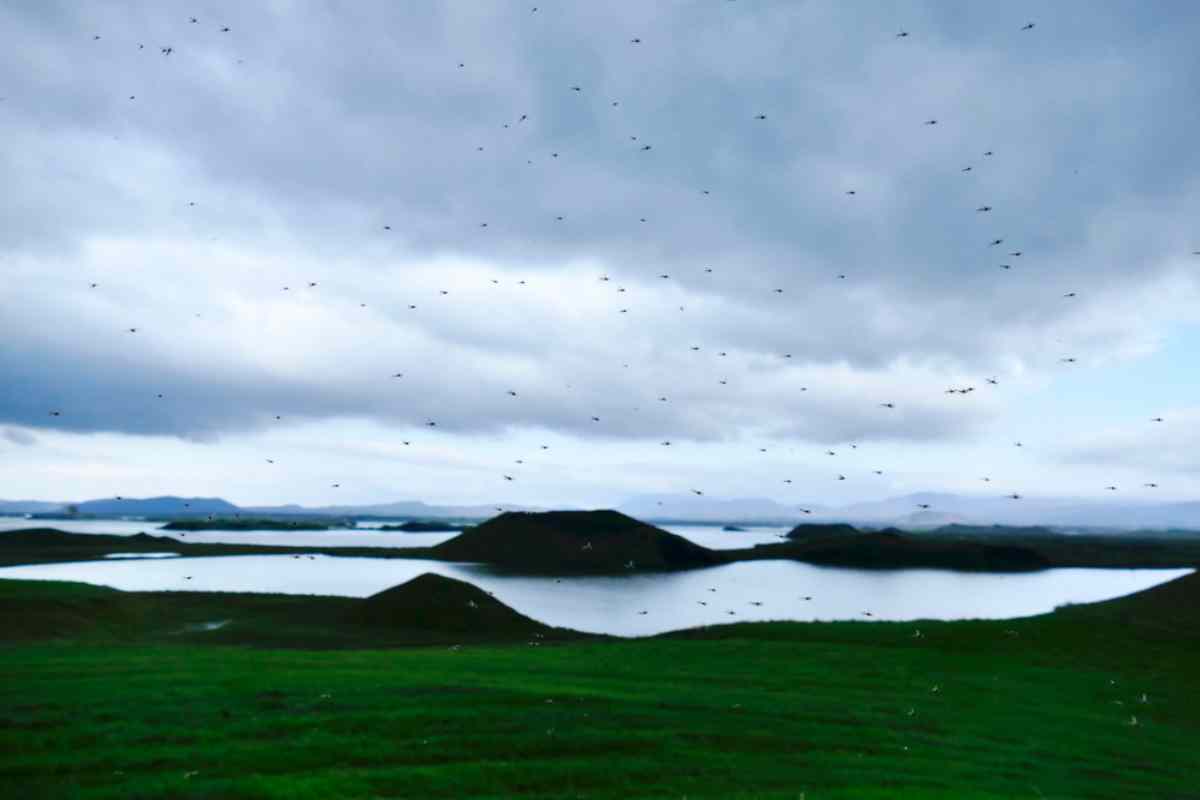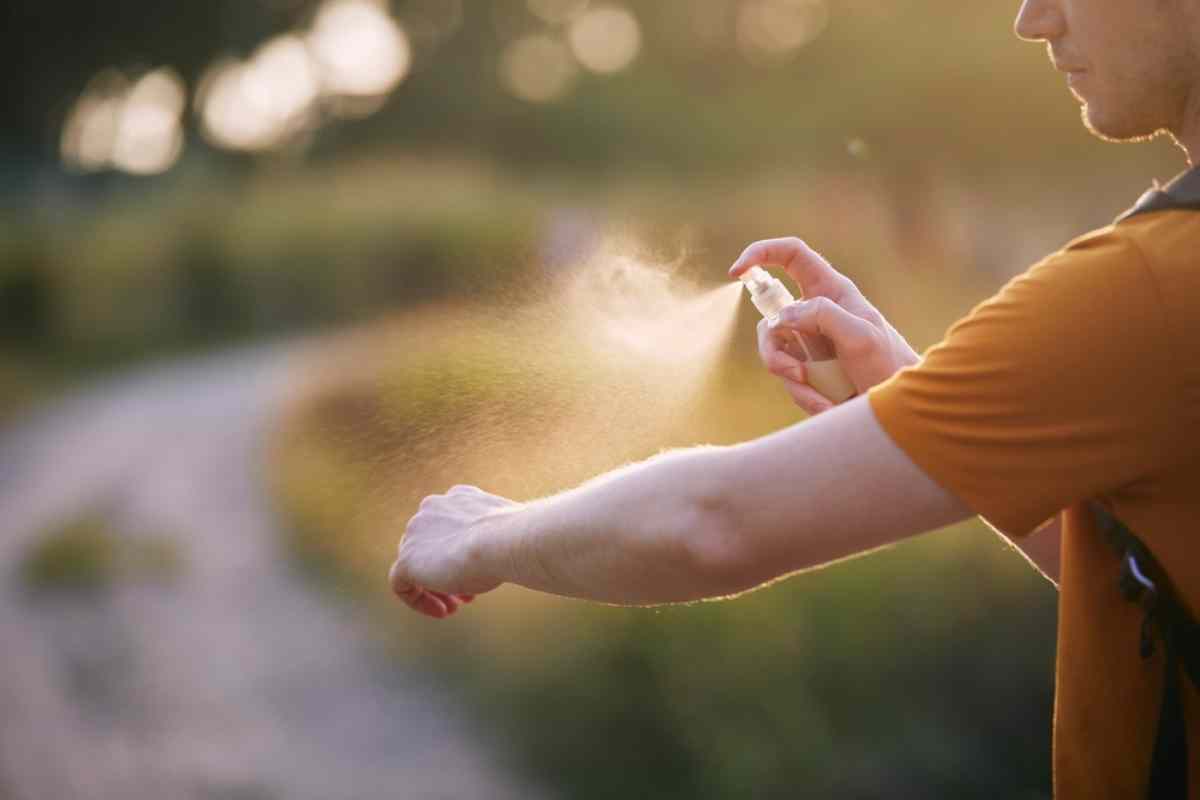Mosquitoes are easily some of the most annoying insects on the planet. Not only can their incessant humming keep you up at night, but their bite can also leave you itching and scratching for days. But for most travelers asking whether there are mosquitoes in Iceland, there are even bigger concerns at play.
Many continents have mosquitoes that carry diseases such as the Malaria-causing parasite, which can even turn fatal in some cases. That’s why preventative measures need to be taken, from medication to insect repellents. So the presence of mosquitoes in Iceland is a serious health concern.
If you have an upcoming trip to the island or have always wondered about mosquitoes in icy Iceland, then read on. We have very good news for you, and you might be really surprised at what you learn.
Are There Mosquitoes in Iceland?
The short answer is no, there are no mosquitoes in Iceland. So, if you are planning on spending plenty of time outdoors during your trip, you’ll be able to do so buzz and itch-free. And you also don’t need to get prescription medication or anything else related to preventative care for mosquitoes and their bite-related diseases.
Why are There no Mosquitoes in Iceland?
There are many theories as to why there are no mosquitoes in Iceland, and the truth is that it’s most likely a combination of all the theories. These are most likely the reasons why Iceland has no mosquitoes:

It’s Too Cold
We’re not the only ones complaining about the cold. Mosquitoes might be able to hibernate through patches of winter, but the continuous cold conditions in Iceland are just too much for them to handle.
They Get Blown Away
No, we’re not talking about them being astounded by the beauty of Iceland. They literally get blown away. Iceland’s winds are legendary and mid-winter our winds can rack up speeds of more than 35 kilometers an hour! If our winds have been known to rip the car doors right off their hinges, what chance does a mosquito have?
Disruption in Its Life Cycle
To breed, live, and reproduce, mosquitoes need very specific and stable conditions, which simply isn’t possible with Iceland’s unstable weather. The life cycle of the mosquitoes relies on weather conditions to support each phase.
For example, the pupa hibernates in the freezing cold and hatches when it becomes warmer, and ice and snow thaws. In Iceland, this is not such a linear process, and you might find that thawing starts, but then temperatures drop again. This back-and-forth causes a disruption in their life cycle that’s simply not sustainable.

Icelandic Water & Soil Conditions
There is a theory that suggests that the chemical composition of the Icelandic water and soil is somehow not suitable for mosquitoes.
We’ve Had One Mosquito Import
If you visit the Icelandic Institute of Natural History, you will see the only mosquito known to ever be in Iceland, and he was “imported” here. In the 1980s, a man named Mr. Gislason heard a strange buzzing after he boarded a plane at an Icelandic airport that came from Greenland. He chased the buzzing insect around the cabin till it was caught, and today the insect which turned out to be a mosquito is nicely preserved in a jar.
Are There Bugs in Iceland?
Just because there are no mosquitos in Iceland doesn’t mean that there are no bugs in Iceland. We might not have an encyclopedia of insects around the island, but we have things such as wasps, and, of course, midges. The midges in Iceland often get mistaken for mosquitoes or flies.
That’s probably because this insect can be a mixture of both. We have two types of midges in Iceland; one that can be any mosquito’s doppelgänger but has no interest in anyone’s blood, and another that resembles tiny little fly-like critters that feast on blood. The latter also leaves a bite that can be itchy for a long time, but they don’t spread any diseases.
Midges can be found near lakes and streams, especially during the summer season, and they can be so prominent in places that it has actually influenced the naming of them. Lake Myvatn in North Iceland literally translates to ‘Lake of Midges’.

How to Protect Yourself Against Midges
Since you don’t want to spend your trip feeling itchy, we highly recommend that you keep yourself protected from the midges. Especially if you are planning on spending a lot of time outdoors during a summer trip to the island.
The one snag of not having mosquitoes though is that we do not have any mosquito repellent. What you will need to get yourself here in Iceland is the Moustidose Deet with 30% DEET. This will keep the midges at bay. And if you do end up getting a bite or two, apply Mildison to it (a topical corticosteroid).
The Future of Mosquitos in Iceland
Although we might not have any mosquitoes in Iceland at the moment, it doesn’t mean that there won’t be any in the future. In the wise words of Bob Dylan; “times they are a changin’” and global warming is increasing the average air temperature in Iceland.
You just need to take a look at the last 20 years to know that you never should say never when it comes to mosquitoes here on the island. In the last 20 years, 200 species of insects that were never able to survive in Iceland before have started flourishing.
Mosquitoes are not All Bad
Don’t let the prospect of possibly having mosquitos in Iceland in the future put you off, because even though mosquitoes are annoying, they can be of great value to an ecosystem. For one thing, they are a fish favorite when it comes to food, and in a country where the economy has revolved around the fishing industry for thousands of years, it can be very beneficial.

The Best Thing About Not Having Mosquitoes in Iceland
The best thing about not having mosquitoes in Iceland is that you can happily rent a campervan in Iceland, take a road trip, and go camping without constantly being involved in some sort of battle of the bugs. For this reason alone, we’ll choose our midges over mosquitoes any day of the week.



 By
By 






